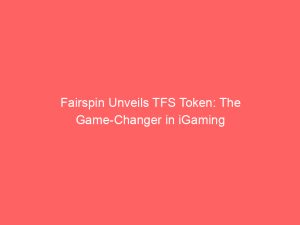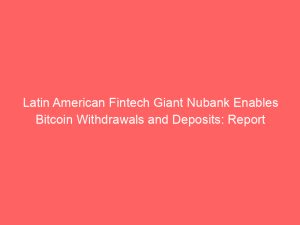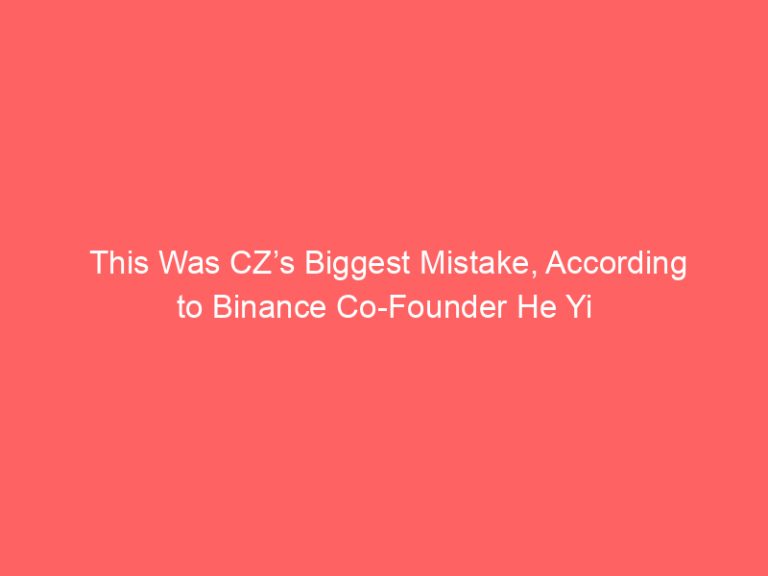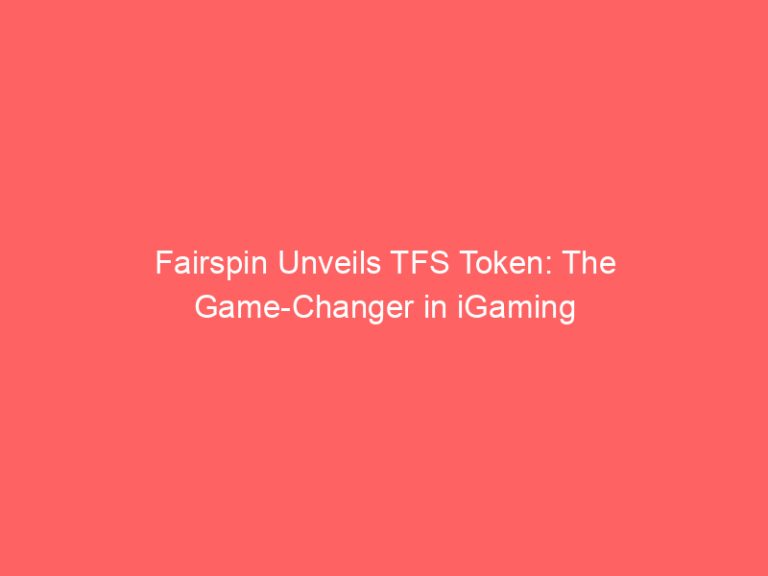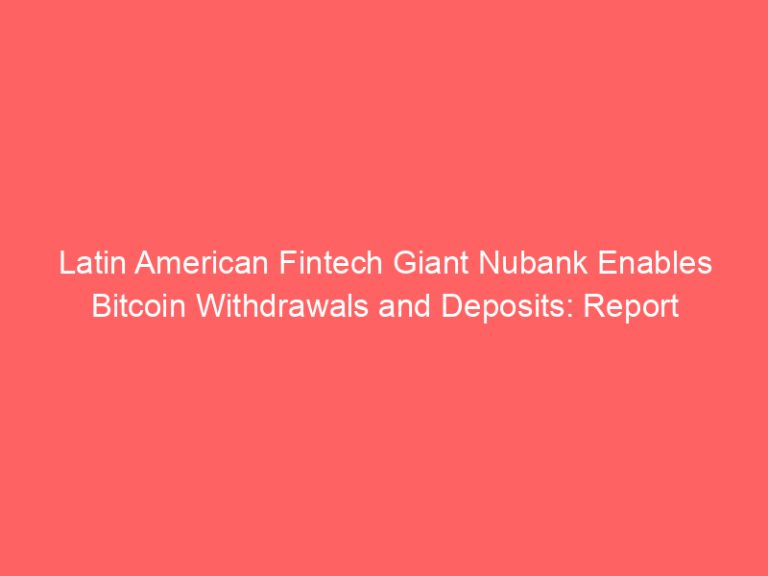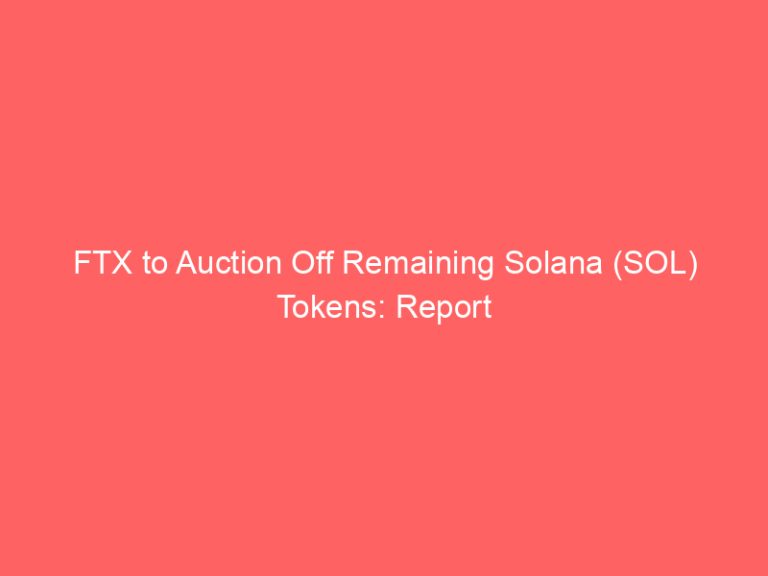It’s been a big week for Worldcoin, the blockchain brainchild of OpenAI CEO Sam Altman. The blockchain biometrics project is closing a $100 million funding deal. The investors in this round include new backers in addition to previous ones.
Worldcoin’s $100 Million Seed Round
Past seed round investors in Worldcoin include a16z (Andreessen Horowitz), Coinbase’s venture capital division, Khosla Ventures, and even Sam Bankman-Fried.
(The disgraced FTX founder is currently defending against multiple U.S. criminal charges and enforcement actions.)
Fortune reports:
“The funding news is a bright spot in a bleak year for crypto investments. Venture funding for Web3 startups plummeted from $9.1 billion in the first quarter of 2022 to $1.7 billion in 2023, an 82% year-over-year decrease, according to Crunchbase.”
The ChatGPT founder’s big fundraiser shows there’s still enormous VC demand for investments in the crypto space. That’s despite the year-long crypto winter that just may have ended in January, a string of failed crypto companies in recent months, and an epic regulatory battle with U.S. regulators.
Biometric Keys: Freedom or Surveillance?
Worldcoin has bold ambitions to bring biometric identification to Web 3.0.
The OpenAI founder’s cryptocurrency project seeks to collect and develop ID authentication support for retina scans. VCs enthusiastic backing of the project means they might just be able to deliver on such a bold plan.
But is Worldcoin more apt to unleash the benefits of blockchain freedom or high-tech, Orwellian surveillance capitalism? For decades now, civil libertarians have considered the digitalization of medical records fraught with legal and humanitarian dangers.
Using biometric data as a security and authentication standard may violate people’s privacy. Worldcoin’s aim would be to create a world that eventually demands folks give up their biomarkers to use apps and do business.
Although, this is not the inevitable outcome of Worldcoin. Moving biometric data to the blockchain and using Web 3 techniques to manage private, personally identifying info for Internet users might be the safest, fairest, freest way to do it. Web 3 can use zk-proofs and multi-party computation to keep that data private while proving to servers that request it that the user is who they say they are.
The post Worldcoin Project Closing $100M: Is It About Freedom or Surveillance? (Op-Ed) appeared first on CryptoPotato.




